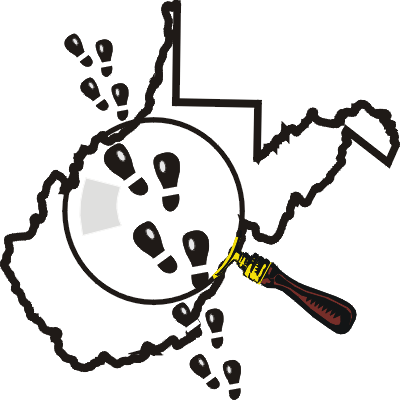
West Virginia
Infectious Disease Epidemiology Program
 |
West Virginia |
Public FAQ:
|
|
West Virginia Department of Health and Human Resources Information for the Public – Birds and West Nile VirusWhat is West Nile virus?West Nile virus (WNV) used to be found only in Africa, Asia, and the Middle East. Since 1999, this virus caused human illness and death in the United States. WNV is carried by mosquitoes which have bitten WNV-infected birds. An infected mosquito can spread WNV to birds, humans, horses, and other animals. WNV cannot be spread from one person to another. Why do I need to report dead birds?Dead bird reporting helps give the county health department an "early warning" that WNV is in the county. If a dead bird with WNV is found in the county, the health department will inform people in the county and tell them how to protect themselves. All counties in West Virginia will be taking dead bird reports during 2003. Once a positive bird is found in a county, no further bird testing will be done, but the number of dead birds reported each week is a good way to help determine the extent of WNV infection in the county. What do I do if I see a sick or dead bird?Make a note of where you saw the bird, then call your local health department. Only if the local health department asks you to do so, put one garbage bag inside another garbage bag, and place the dead bird inside the double plastic bags. Never handle birds without gloves. If you do not have gloves, place a plastic bag over your hand. If the local health department does not need the bird for testing, it can be discarded in the regular trash. Wash your hands after removing your gloves. Are duck and other wild game hunters at risk for WNV infection?Because of their outdoor exposure, game hunters may be at risk if they become bitten by mosquitoes in areas with West Nile virus activity. The extent to which West Nile virus may be present in wild game is unknown. What should wild game hunters do to protect against WNV infection?Hunters should follow the usual precautions when handling wild animals. If they anticipate being exposed to mosquitoes, they should apply insect repellents to clothing and skin, according to label instructions, to prevent mosquito bites. Hunters should wear gloves when handling and cleaning animals to prevent blood exposure to bare hands, and meat should be cooked thoroughly. What can I do to help?
- adapted from CDC and EPA materials
|
|
State
of West Virginia (WV) A-Z Listing of West Virginia's Reportable Diseases
|